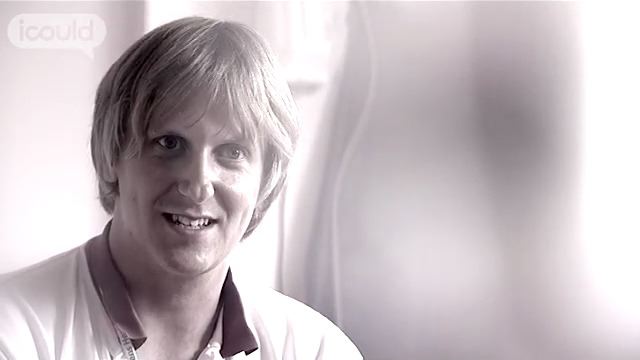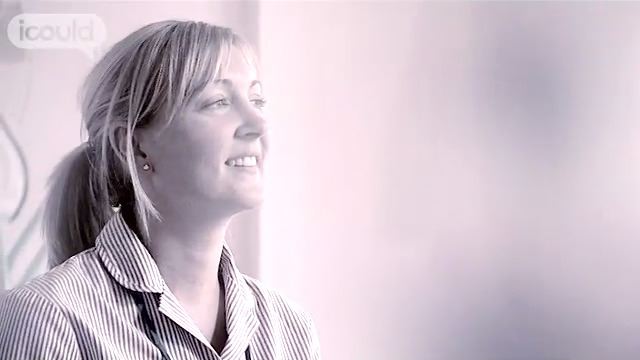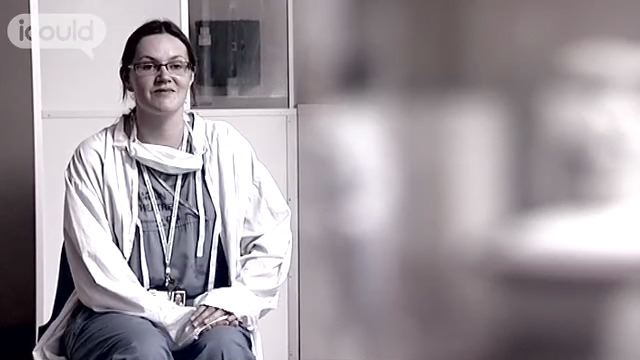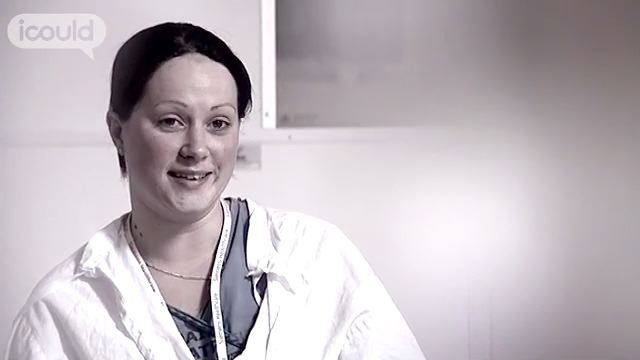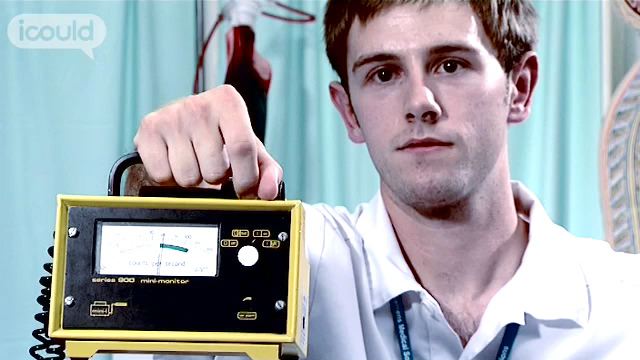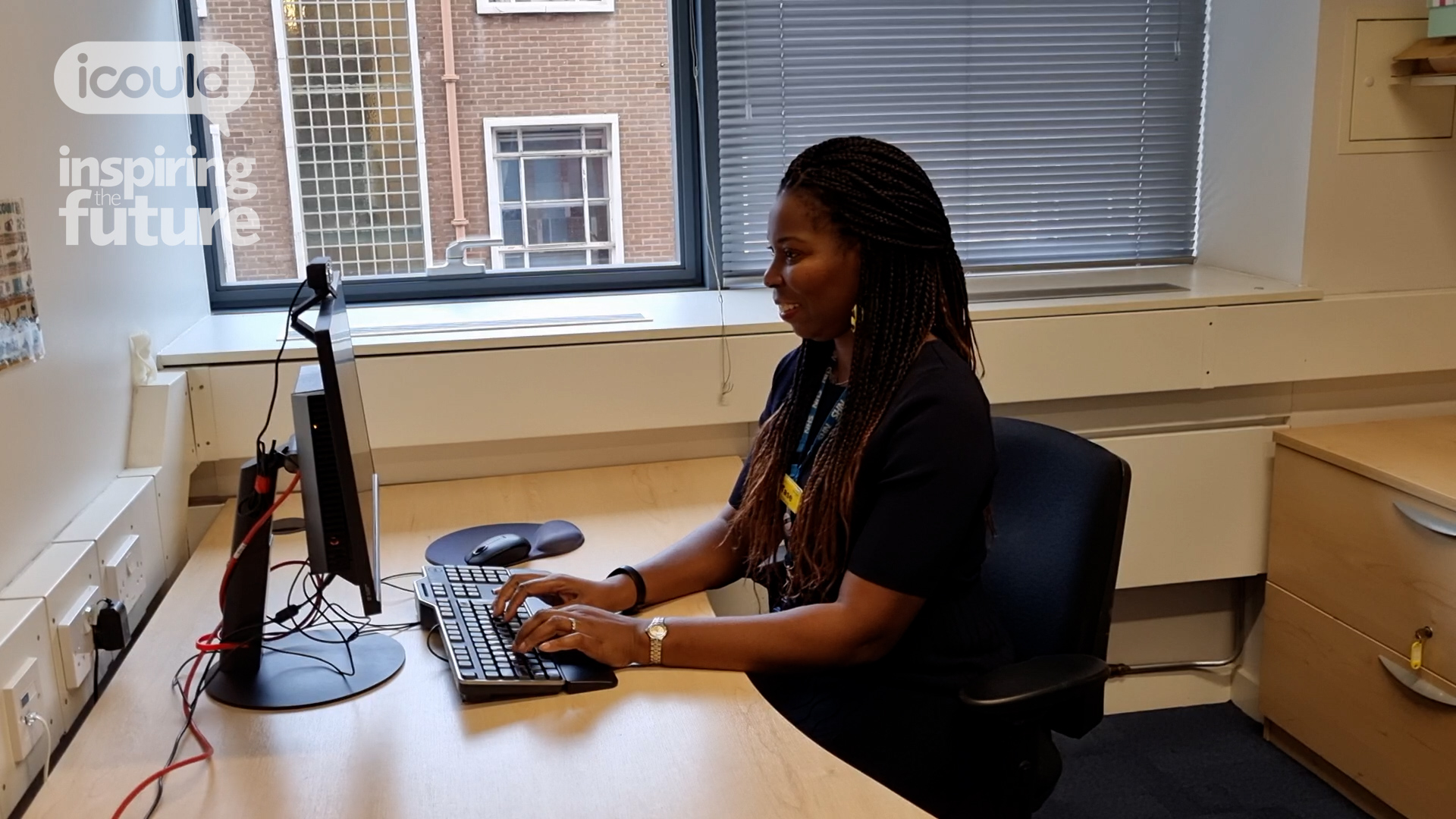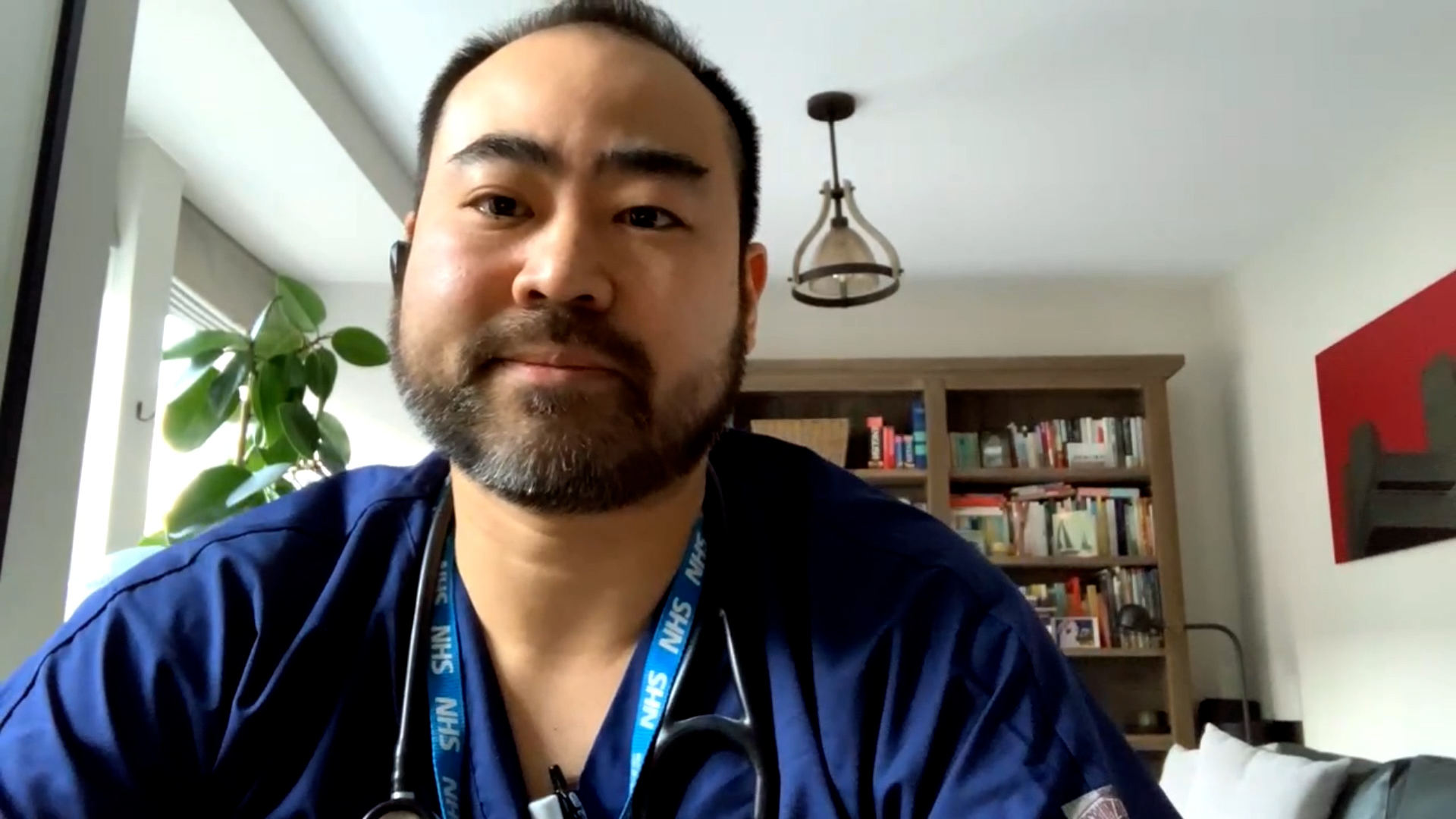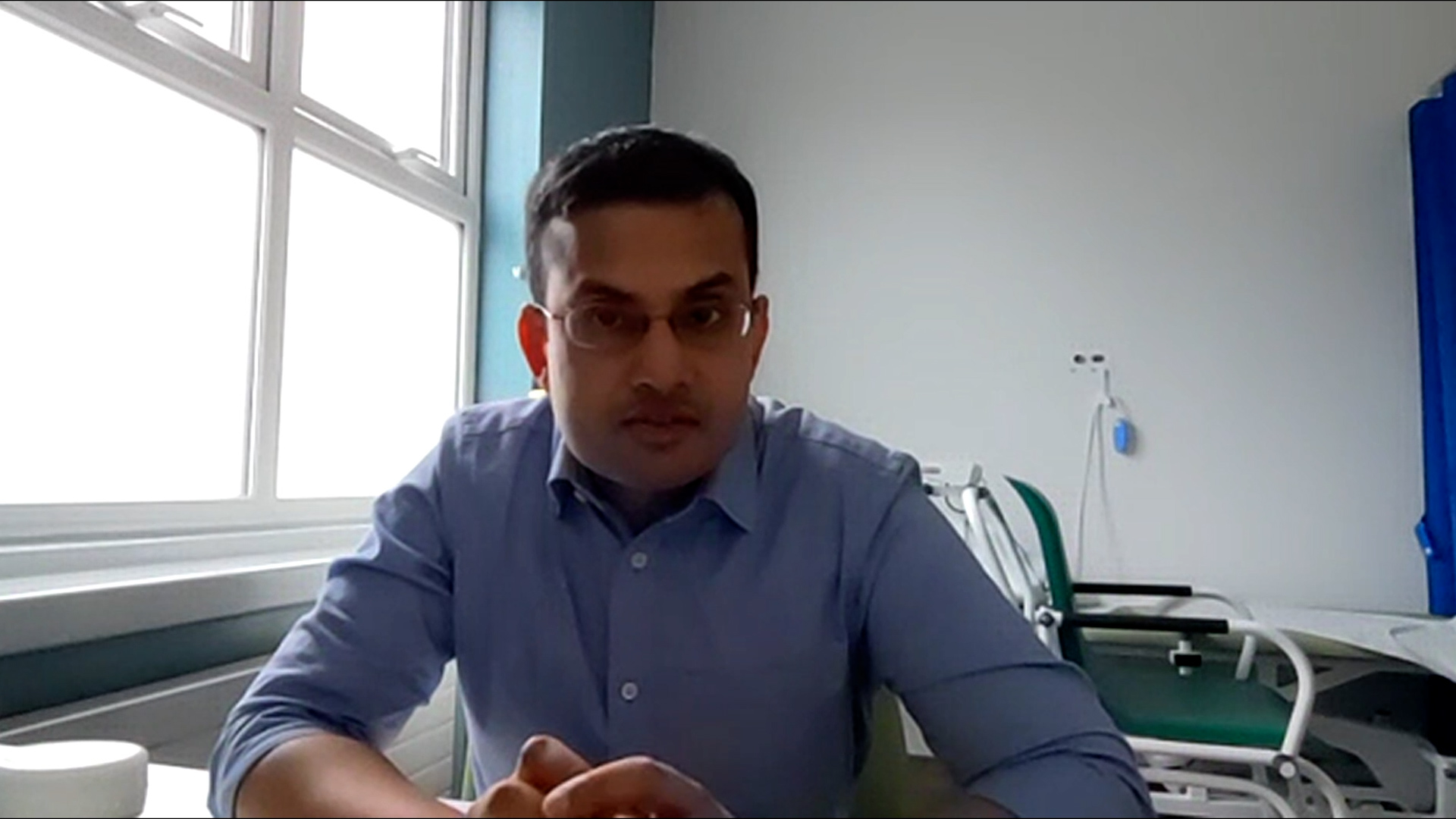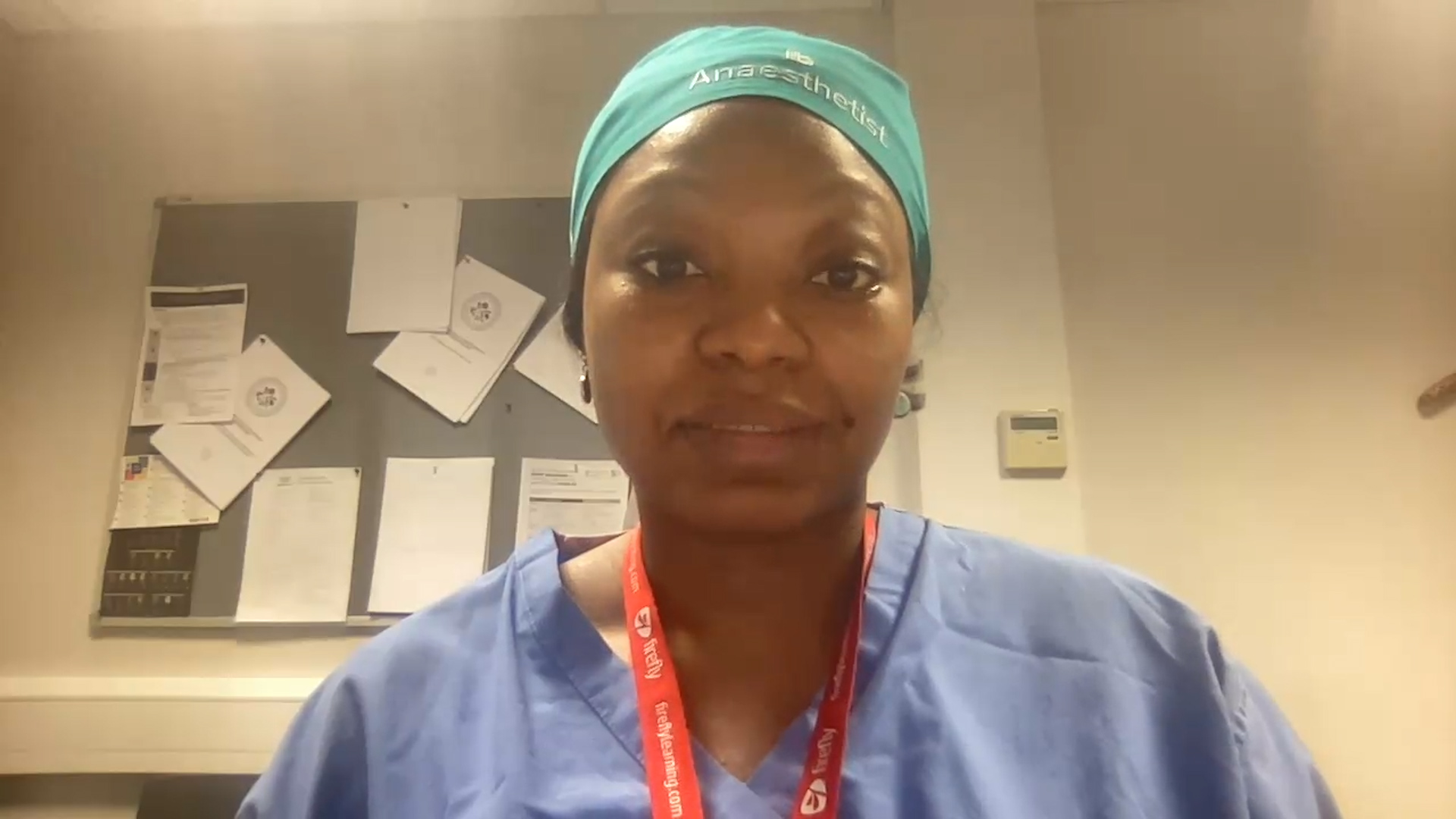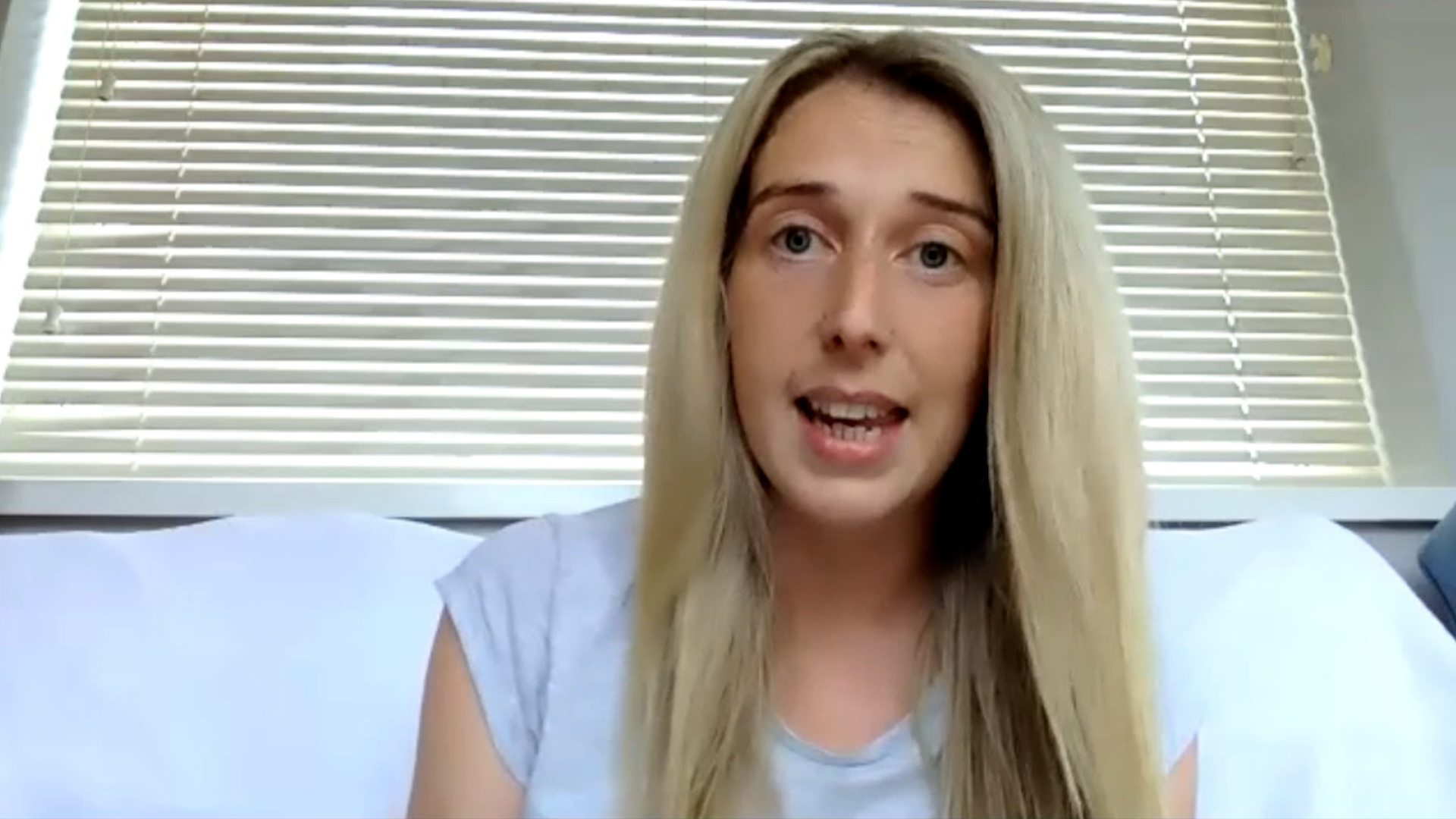Radiographer (diagnostic)
Addenbrookes Hospital
Emma J
00:00:01 My name’s Emma J, and I’m a Radiographer. A Radiographer generates images of patients to help doctors make a diagnosis, and to treat patients with different diseases and conditions. I’ve been training for three years, I qualified five weeks ago. I decided that I’d like a job where I worked in a hospital environment, and where I got to meet lots of people. ‘Cause I used to work in a lab, on my own, with bacteria. (LAUGHS)
00:00:28 I think I was quite Goody Two Shoes at school. I didn’t work particularly hard but I enjoyed it and I behaved myself. I always enjoyed science, it was one of my favourite subjects when I was at school. I knew that that’s what I wanted to do, so I started off on a Biological Sciences degree, and I sort of veered into Microbiology because I found the modules the most enjoyable. Microbiology’s an umbrella term which basically means the study of bacteria and other organisms. So when I graduated with a Microbiology degree, I just applied for various different jobs, and I got a research job and I worked in a dental hospital in London. I knew that I wasn’t particularly enjoying my job. The science was interesting, but my day to day routine wasn’t.
00:01:10 So although I was a bit nervous about leaving all that behind, I was sort of quite excited that I was going in to something that I found more interesting and more rewarding. Most people were quite supportive, but some were sort of – well why are you doing that when you’ve spent all that time and money in training as a Microbiologist? I didn’t know what I was going to do, and I just got a job as a cleaner and I thought well, I’ll see how things go, and I’ll decide what I’m going to do in the future. And it was – it was OK, it was quite strange ’cause I was cleaning at a big Science Facility round here, cleaning up after other researchers. But I didn’t mind it, I mean I wasn’t unhappy in what I was doing and it gave me a chance to, you know, sort myself out and really decide what I wanted to do.
00:02:00 And then I got a job at a small manufacturing company where I made pumps that they used to introduce medicine into animals’ feed and water, which is quite a diversion from what I’d done before. And the job was actually quite interesting, it was quite technical, I had to build things and test things and service things. It was while I was doing that that I started researching what I actually wanted to do as a career.
00:02:23 When I decided that I wanted to look for a job in a hospital environment, I wasn’t entirely sure what I wanted to do, and I started researching the different jobs that were about. I did a Google search on Radiography, and I found the Society of Radiographers website. And I also looked at the local hospitals in my area, and rang a department and asked if I could have a visit. And they were quite open to me visiting. The variety of Radiography definitely attracted me, because the variety was what was lacking in the job that I did before. So I was attracted to the fact that I’d be using different sorts of equipment, and performing different imaging procedures, and meeting different patients with different needs.
00:03:09 I don’t think that I’m displeased at how I’ve ended up being a Radiographer, because I think you make certain decisions at the time based on how you feel, and the knowledge that you have. So I’m glad I took the route I did ’cause that’s just how my life sort of happened. Now I’ve retrained as a Radiographer, I’d like to see how I get on in this hospital, how the sort of early part of my new career goes, but hopefully I’ll have quite a long career here
00:03:08 ENDS
Emma J used to “work in a lab, on my own, with bacteria”, realising that this was not the environment to which she was best suited, she tried a number of options before becoming a radiographer. “The variety of radiography definitely attracted me, because the variety was what was lacking in the job that I did before.”
More information about Medical radiographers
The UK average salary is £29,813
There are 37.5 hours in the average working week
The UK workforce is 47% female and 53% male
Future employment
- Uses a range of imaging devices for diagnostic and therapeutic purposes;
- Assesses patients and interprets clinical requirements to determine appropriate radiographic treatments;
- Verifies identity of patient and ensures that necessary preparations have been made for the examination/treatment;
- Decides length and intensity of exposure or strength of dosage of isotope;
- Positions patient and operates x-ray, scanning or fluoroscopic equipment;
- Maintains records of all radiographic/therapeutic work undertaken;
- Plans course of treatment with clinical oncologists and physicists;
- Calculates radiation dosage and maps volume to be treated;
- Explains treatment to patient and management of any side effects;
- Carries out post-treatment reviews and follow-ups.
